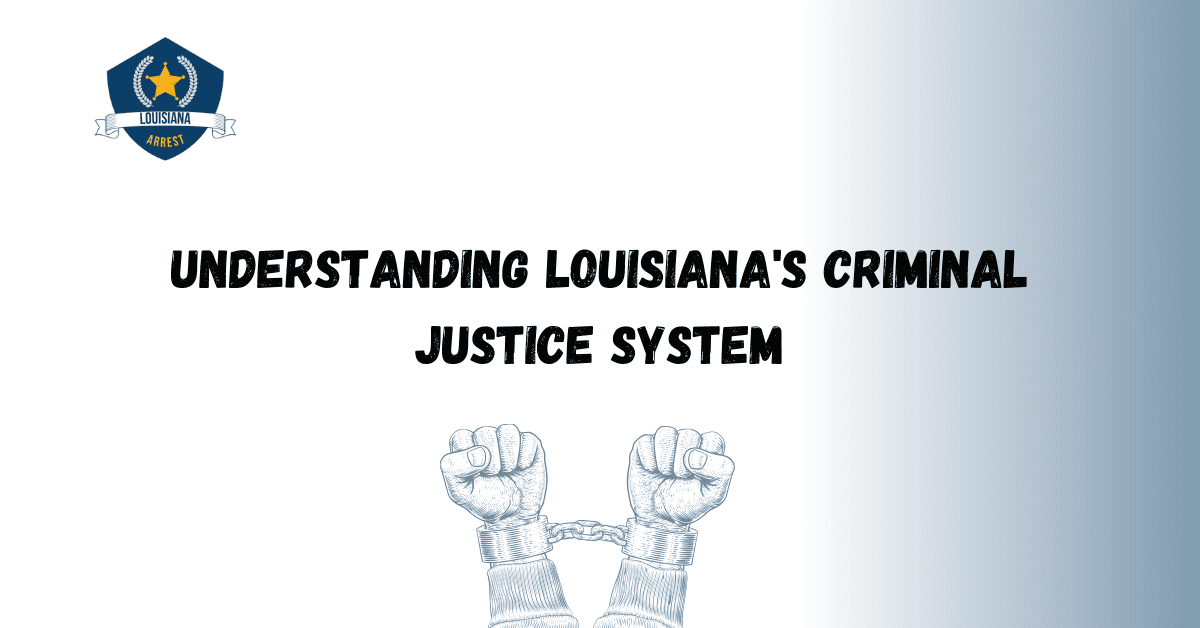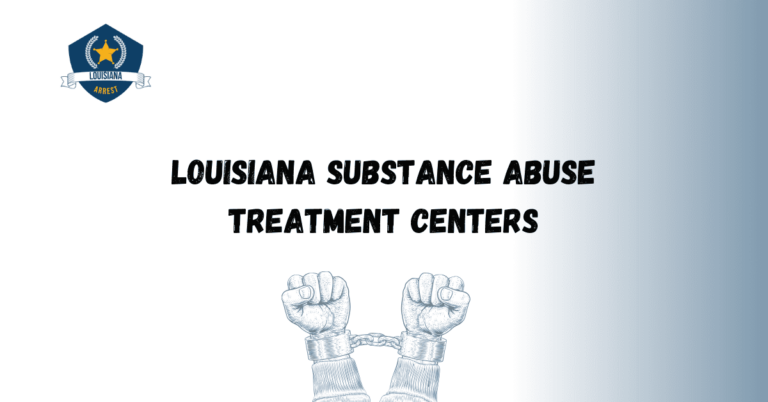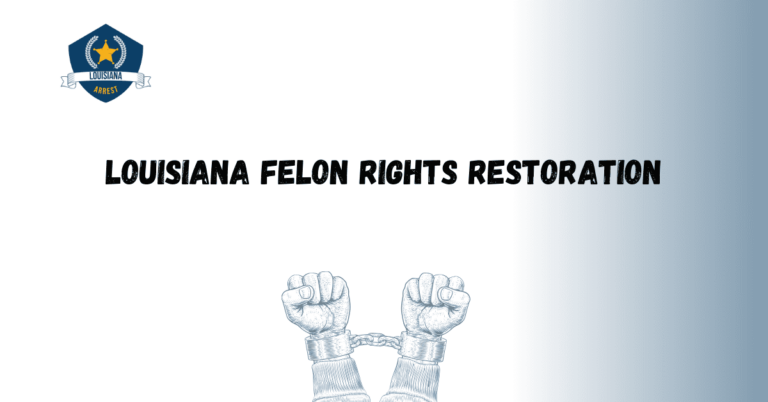Understanding Louisiana’s Criminal Justice System
Louisiana’s Criminal Justice System is a complex and dynamic network that plays a crucial role in maintaining law and order within the state. From the moment a crime is committed to the final resolution in court, every step in the process is carefully orchestrated to ensure fairness and justice for all parties involved.
With a rich history and a commitment to upholding the principles of the law, Louisiana’s Criminal Justice System has evolved over time to meet the ever-changing needs of society. From the dedicated men and women in law enforcement to the diligent prosecutors and defense attorneys, each component of the system works tirelessly to ensure that the rights of individuals are protected and that justice is served.
The Role of Law Enforcement
Law enforcement agencies are the first line of defense in Louisiana’s Criminal Justice System. They work tirelessly to protect the public, prevent crime, and apprehend offenders. From local police departments to the Louisiana State Police, these dedicated men and women are committed to maintaining law and order.
Investigating Crimes
When a crime is committed, law enforcement officers swing into action to gather evidence and identify suspects. They meticulously investigate every aspect of the crime to ensure that no detail is overlooked. Through interviews, forensic analysis, and collaboration with other agencies, they build a strong case to bring offenders to justice.
Prosecution and Defense
Once an investigation is complete, the case moves into the hands of prosecutors and defense attorneys. Prosecutors, representing the state, gather evidence and present it in court to prove the guilt of the accused. Defense attorneys, on the other hand, work to protect the rights of the accused and ensure a fair trial. Their expertise and advocacy play a crucial role in the pursuit of justice.
The Role of Judges
Within Louisiana’s Criminal Justice System, judges have the responsibility of overseeing trials and ensuring that the law is applied correctly. They make important decisions on evidence, witness testimonies, and sentencing. With impartiality and fairness, judges strive to uphold the principles of justice.
Adjudicating Cases
During a trial, judges carefully consider the arguments presented by both sides and make judgments based on the law. They weigh the credibility of witnesses, assess the strength of evidence, and interpret legal statutes. Their decisions have far-reaching implications for both victims and defendants.
Sentencing and Rehabilitation
Once a defendant is found guilty, judges must determine an appropriate sentence. They consider factors such as the severity of the crime, the defendant’s criminal history, and any mitigating circumstances. In addition to punishment, judges also consider rehabilitation options to address the underlying causes of criminal behavior and reduce the likelihood of reoffending.
The Role of Corrections
After a sentence is handed down, the role of corrections comes into play. Louisiana’s Department of Public Safety and Corrections oversees the management of correctional facilities and programs aimed at rehabilitation and reintegration.
Prison Facilities
Correctional facilities house individuals who have been convicted of crimes and serve their sentences. These facilities provide a secure environment while also offering educational and vocational programs to help individuals acquire the skills needed for a successful reentry into society.
Probation and Parole
For those who receive non-incarceration sentences or are granted parole, probation officers play a vital role in monitoring their compliance with court-ordered conditions. They provide support and guidance to help individuals transition back into society while ensuring public safety.
In conclusion, Louisiana’s Criminal Justice System is a multifaceted network involving law enforcement, prosecutors, defense attorneys, judges, and corrections. Each component works together to maintain law and order, protect individual rights, and ensure that justice is served. Through careful investigation, fair trials, and rehabilitation efforts, Louisiana’s Criminal Justice System strives to uphold the principles of the law and meet the evolving needs of society.
FAQs
What is the role of Louisiana’s Criminal Justice System?
Louisiana’s Criminal Justice System plays a crucial role in maintaining law and order within the state. It is responsible for ensuring fairness and justice from the moment a crime is committed until the final resolution in court.
Who are the key players in Louisiana’s Criminal Justice System?
There are several key players in Louisiana’s Criminal Justice System, including law enforcement officers, prosecutors, and defense attorneys. Each component works diligently to protect the rights of individuals and ensure justice is served.
How has Louisiana’s Criminal Justice System evolved over time?
Louisiana’s Criminal Justice System has evolved over time to adapt to the changing needs of society. It has incorporated new technologies, reformed policies, and implemented innovative strategies to enhance efficiency and effectiveness.
What is the goal of Louisiana’s Criminal Justice System?
The primary goal of Louisiana’s Criminal Justice System is to maintain law and order and ensure the safety and well-being of its citizens. It aims to provide fair and just outcomes for all parties involved in the criminal justice process.
How does Louisiana’s Criminal Justice System protect the rights of individuals?
Louisiana’s Criminal Justice System upholds the principles of the law and ensures the protection of individual rights. It provides legal representation to defendants, guarantees the right to a fair trial, and prohibits the use of excessive force or coercion.
What are the challenges faced by Louisiana’s Criminal Justice System?
Louisiana’s Criminal Justice System faces various challenges, including overcrowded prisons, limited resources, and addressing the underlying causes of crime. Efforts are being made to address these challenges and improve the overall effectiveness of the system.







